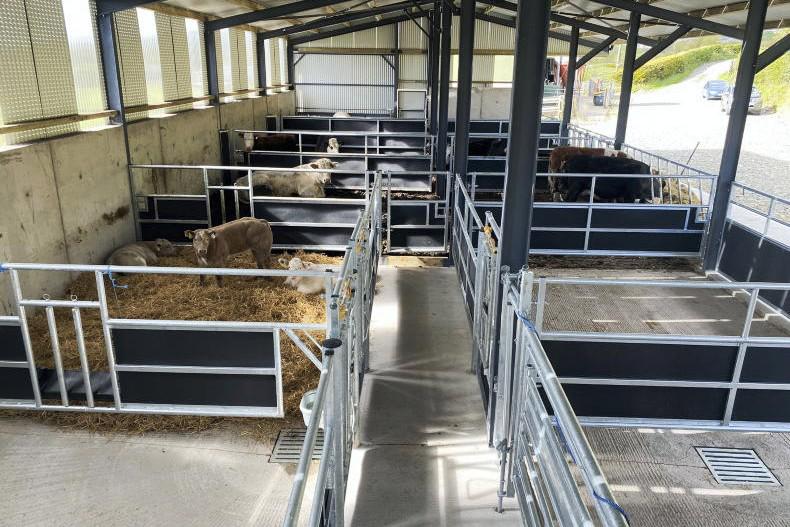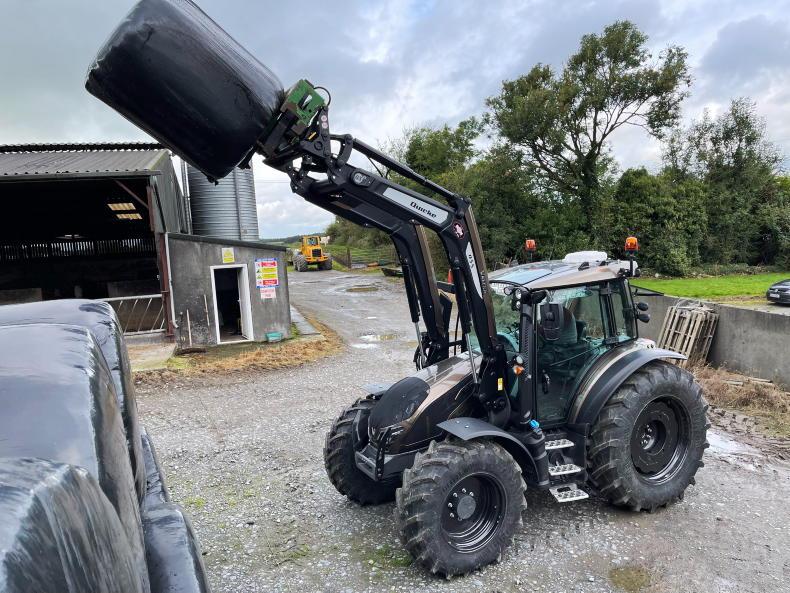Farming is an occupation, for all its challenges, that lends itself well to a savings mindset.
Much of the annual cycle is about taking advantage of the good times in the year to be ready for the tight winter months.
We don’t gather hay, we save it.
The same kind of forward thinking should be evident in how farmers manage their financial affairs, with extra income put aside for rainy days rather than spent as it comes in.
At the most basic level, saving can be seen as cashflow management.
In the short term, some of the cheque from selling livestock can be put aside for known living expenses later in the year, but it can also be put aside for the unknown or for the long term, to help in later life.
There are different ways of savings for these different savings goals, and some things that are savings may not immediately look like that.
Before you start looking at where to save your money, the single best short-term measure anyone can take is to pay down their debts.
Paying off outstanding loans and credit cards will mean you get charged less interest, often getting a better return than other forms of savings.
For example, if you have a €20,000 loan over four years at 7% interest and you increase the monthly payments by €100, you will pay off the loan nine months early and save €570 in interest payments.
That is a significantly better return than could be achieved from both saving in one account and continuing to repay the loan as originally scheduled.
Saving €100 a month at 2% interest would only have earned €191 by the end of the fourth year.
This example brings us nicely on to the idea of interest and returns on savings. Right now, interest rates offered by the main banks in Ireland on savings are fairly dire, for two reasons.
Firstly, as has been written about in the Irish Farmers Journal before, the banks have been very slow to pass on interest rate changes to depositors.
While they are getting better, generally the rate offered – for fixed-term products – will not be higher than 2%. That 2% is also not great – through no fault of the banks this time – as it is a 2% return while inflation in the economy is at more than 5%. Basically, this means that if you save €1,000 for a year, you will have (€1,000 x 2%) €1,020 at the end of the year.
However, inflation means that the cost of things has risen, so something that cost €1,000 at the start of the year now costs (€1,000 x 5%) €1,050.
Your money has lost purchasing power faster than it has gained interest.
The opposite is true during periods of low inflation and even deflation (where prices fall) as purchasing power remains steady or can even increase over time.
Savings v investment
The low interest rates available on savings means that it is probably worth looking at making financial investments to make a better return.
These better returns are available because by becoming an investor you will be taking on a lot more risk.
All financial advisers should be registered with the Central Bank of Ireland, so check to make sure anyone you are dealing with is registered
Deposits in banks are guaranteed up to €100,000, so even if the bank goes to the wall, you will still get your money back.
When investing in financial products, there is no guarantee you will get all your money back.
For the uninitiated, the whole concept of investing can be complicated or even frightening, so it is critical to engage the services of a good financial adviser.
All financial advisers should be registered with the Central Bank of Ireland, so check to make sure anyone you are dealing with is registered.
It is also a good idea to make sure you are getting financial advice from someone who is independent of the bank or stockbroker who is directly selling the investment you are looking at.
Finally, and this is something to discuss with your financial adviser, you have to decide what level of risk you are willing to take on. Can you afford to lose the money? How much can you afford to lose? And, conversely, how much money do you want to make? Are you comfortable taking more risk for potentially higher returns?
The general rule of thumb for investments is that products structured around bonds are less risky than products invested in stocks and shares.
Beware of anyone trying to sell a product that claims to offer unusually high returns.
If it seems too good to be true, it probably it.
Products based on Government bonds are the safest of all, but they won’t pay interest much greater than a deposit account.
In fact, the NTMA’s State savings products offer a miserable 1% over the lifetime of their three-year savings bond.
How you should save often depends on what you are saving for. Short-term savings for annual expenses like a holiday or Christmas can be held in a credit union or bank deposit account as you will need ready access to them.
Medium-term goals like a deposit for a house or your children’s college fund can be held in a term notice account where higher interest will be available.
Finally, longer-term savings can be invested to provide a better return over many years, or extra money can be put into a pension pot, which is by far the most tax-efficient way of saving.
Overall, one of the most important things about savings is habit. Irish people generally save approximately 10% of their incomes – except for during the pandemic when that number jumped as high as 30% (see Figure 1).
The most recent data from the CSO showed a 13.7% savings ratio in the first quarter of 2023, which in money terms was just under €5bn saved in the three-month period.









SHARING OPTIONS